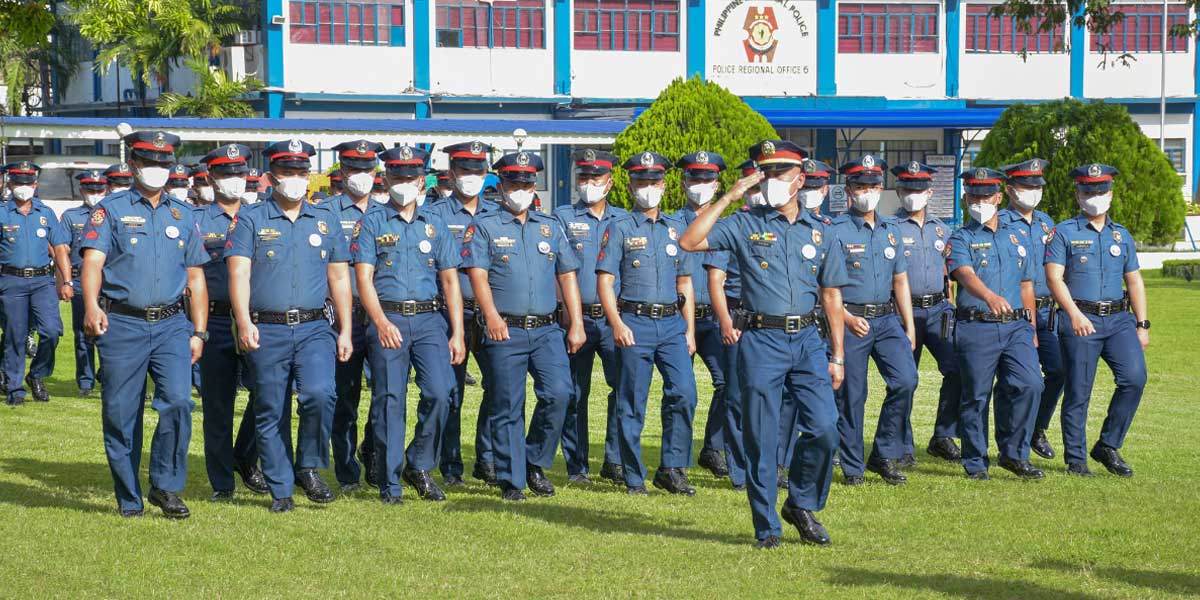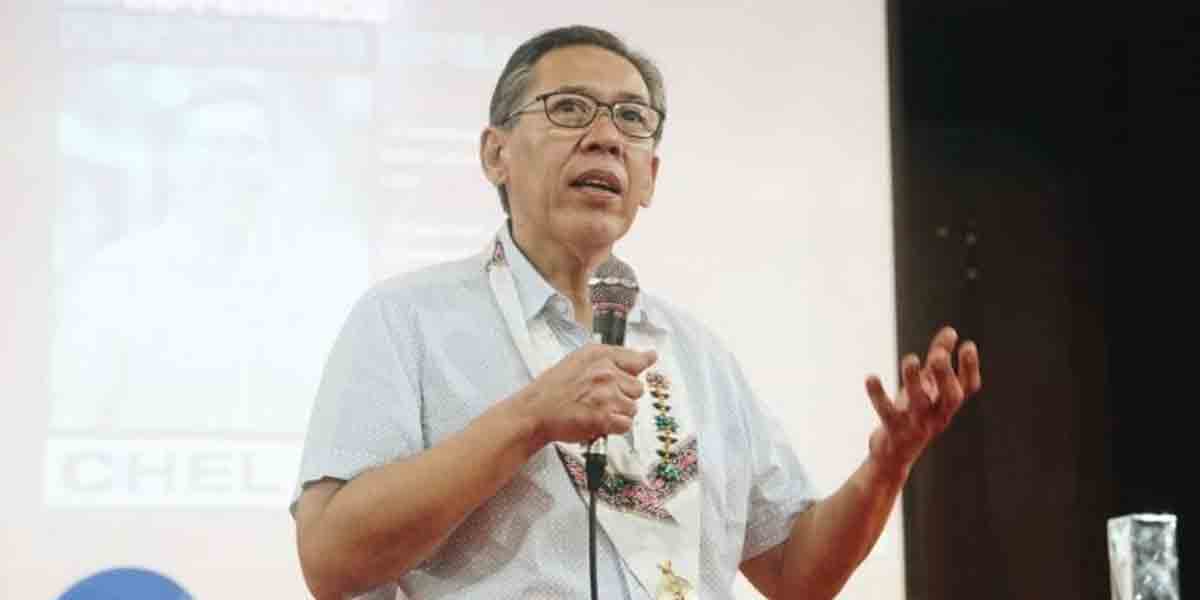By: Reyshimar Arguelles
THE most unavoidable part of living in a democracy is the fact you’re living with people who still believe in it being an ideal form of organizing society. It also happens to be the worst part since you’re made to believe you’re in the best of all possible worlds when, really, you’re just a slab of meat waiting to be ground. Nevertheless, we all have to accept it as a condition of living within the Void no matter how hard and absurd it could get.
The twisted fantasy we find ourselves in creates a feeling of fake comfort that does nothing to quell our hopeless aspirations of an ideal society. Democracy is a pillow we could rest our heads upon; it can also be used to smother our faces until we die from suffocation. Of course, this form of pessimism has its origins, much of it stemming from the inescapable socio-economic maladies exposing democracy for what it truly is: a stage play over which we have no direct control.
Democracy gives us no guarantees and, instead, treats everything as a farce, from the way we are meant to choose our leaders to the nauseating senselessness of our free press culture. One could only doubt what our national heroes were really fighting for, and it sure isn’t the right to use the budots to talk about platforms and get elected to the Senate with barely any shame hiding inside the pores of one’s face. But of course, when you’re fighting off colonizers and trying to build a society from the scraps they left behind, you only have ideas and dreams to fuel your suicidal desire for a workable utopia.
It takes guts to do what our ancestors did at a time when it seemed a pretty good idea to use bolos and bamboo spears against European rifles. The utter ferocity they exhibited during their encounters were born out of a desire to protect their homeland and prevent outsiders from turning this nation into a wellspring of exotic products. The revolts that erupted ever since the subjugation of these islands outlined a desire to assert an identity no foreign power will ever recognize. One thing’s for sure, though: these movements were not, in any sort of way, rallying behind democracy as an ideal.
So, what were they really fighting for? For sure, they weren’t fighting for a system that favors elitists (since many of these revolts also opted to install elitist systems themselves). They weren’t fighting for a collective agenda since their leaders operate on selfish grounds. They weren’t even fighting for higher ideals since many of the people behind these revolts had questionable reasons for doing so.
Then again, there are revolts worth noting and worth emulating all at the same time. And these weren’t directed towards creating a society through a Western mold. Instead, they were instrumented with ideas of social justice and a more dignified working class. Democracy, to these movements, was nothing but an outdated and fiendish idea for subjugating those who have nothing to lose but their chains. To the field workers and the urban laborers who participated in the earliest forms of working-class protest, their movement was not about getting rid of the whip, but getting rid of the person holding the whip.
Today is a special day, indeed. But beyond the military parades and the flags adorning every street corner, we will have to know if this so-called democracy we have fought and died for was well worth it. But by the looks of it, we are far from realizing the genuine ideals that make sacrificing for this country the noblest thing anyone can do.
Independence isn’t a state of mind, much like democracy isn’t the utopia we’re looking for. What we want is genuine emancipation from the Void we have thrown ourselves into.

























